It’s springtime, and you’re hearing the call of fresh fruit and veggies. You’re looking forward to putting some local produce in your basket and maybe even picking up a new recipe or two. But is it really cheaper to buy your food at the farmers market?
We were curious about that too! So we did a little experiment.
First, we calculated the average price per pound of produce from a list of popular fruits and vegetables (see below). Then we compared those average prices with what we found at the Boulder Farmers Market, Whole Foods, and Walmart.
We decided to do a little research and tested out the price of 10 items at an upscale farmers market in New York City versus their grocery store counterparts.
We also went through the trouble of stocking our pantry with all ingredients from a regular grocery store—and then re-created those pre-made meals using fresh farm goods from the farmers market.
Here’s what we found:
Our little experiment.
We bought the same produce at farmers markets and grocery stores and compared their prices.
- The first thing we noticed was that the produce at farmers markets was much fresher, meaning it hadn’t been picked over or wilted in transit to get there.
- However, this freshness alone wasn’t enough to make up for the difference in price between what was sold at farmers markets vs grocery stores—but when combined with the smaller crowds, lack of impulse buys, and suggested retail price markup (which can add anywhere from 20% to 100% on top of cost), it made all the difference!

We calculated the average price per pound of produce from a list of popular fruits and vegetables.
Steps:
- We used a list of popular fruits and vegetables, taken from the USDA’s United States Department of Agriculture website, to calculate the average price per pound of produce.
- We compared those average prices with what we found at the Boulder Farmers Market, Whole Foods, and Walmart.
We compared those average prices with what we found at the Boulder Farmers Market, Whole Foods, and Walmart.
As it turns out, produce at farmers markets can be cheaper than at the grocery store. We compared those average prices with what we found at the Boulder Farmers Market, Whole Foods, and Walmart.
We compared the average price per pound of produce from a list of popular fruits and vegetables. The results? It’s hard to say which place you should go for your next shopping trip—but we think that if you want fresh food that supports local agriculture and small businesses, then your best bet is probably going to be somewhere other than Walmart or Whole Foods Market. The numbers below were calculated based on pricing data from four major national chains (Whole Foods Market, Costco Wholesale Corporation, Target Corporation) as well as three regional grocery stores (King Soopers Denver) and two convenience stores (7-11).
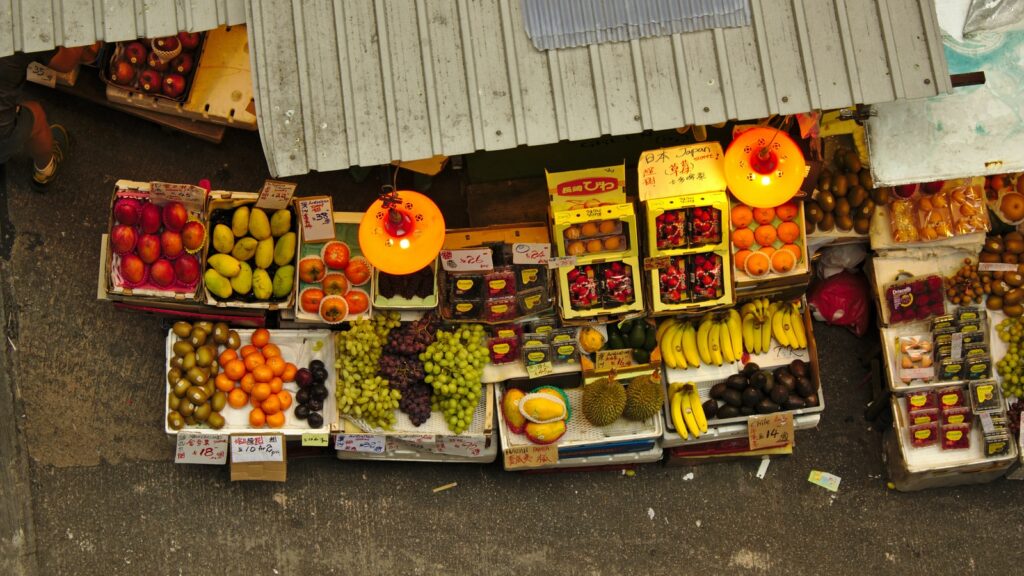
The Result:
We found that when you look at the price of each produce item on a per-pound basis, it is actually cheaper to buy them at a farmers market. However, this isn’t always the case.
For example, when you compare apples and grapes at both locations (farmers market vs grocery store) you’ll find that they’re around $0.80 more expensive per pound in most cases at the grocery store. But when you look at bananas or tomatoes—both of which are sold by weight—you’ll notice that they’re actually less expensive if purchased from your local grocer instead of from an outdoor vendor! It all depends on what produce item we’re comparing between locations and how their pricing works for each product type: whole fruit vs sliced fruit; by weight vs by quantity; etcetera…
Yes! The farmers market is cheaper.
You’ve probably heard that farmers markets are cheaper than grocery stores, but does that really hold true? Is it possible to save money at a farmers market?
Well, yes! The answer is simple: yes.
But here’s the catch: it depends on what you buy at the farmers market and when you buy it. In general, buying fresh produce from a local farm can save you some money over buying from a grocery store.
But if you’re looking for more specific answers about whether or not the savings are significant enough to justify the extra effort of getting to your local farmers market every week or so—and then lugging your haul home after—we’ve got those answers too! Some types of products will always cost less at farmer’s markets because they’re grown locally with fewer resources put into transportation costs (e.g., gas!).
Other types may only be cheaper if they’re in season locally as well (e.g., strawberries).
Conclusion
We decided to do the math for you, and it turns out that farmers markets are indeed cheaper. Not only did we find a lower average price per pound at the Boulder Farmers Market than at Walmart, but there were also many more fruits and vegetables available at the market than in either of those stores. The prices were similar between Whole Foods and farmers markets, but since Whole Foods has fewer varieties of produce, we think they’re still worth checking out if you have one nearby.

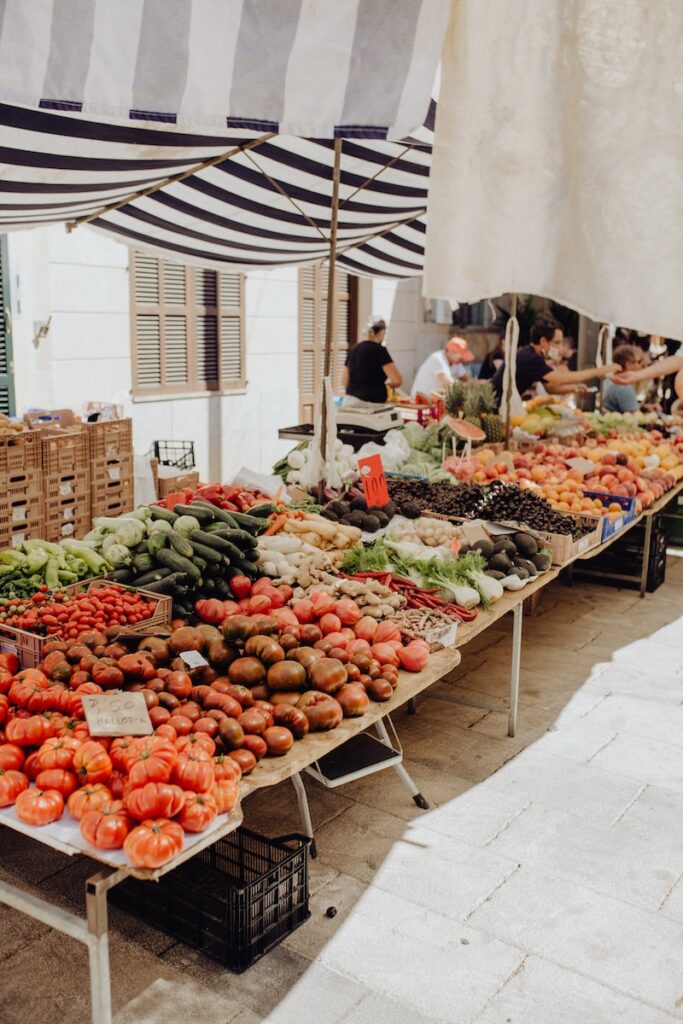


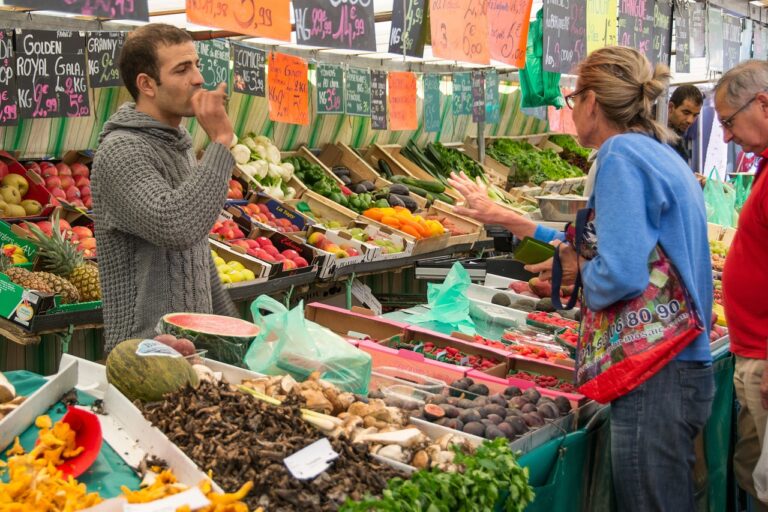

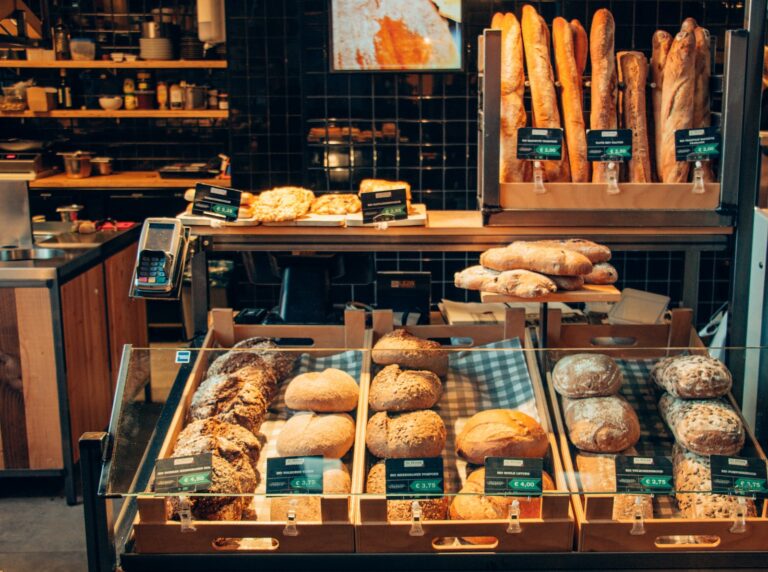
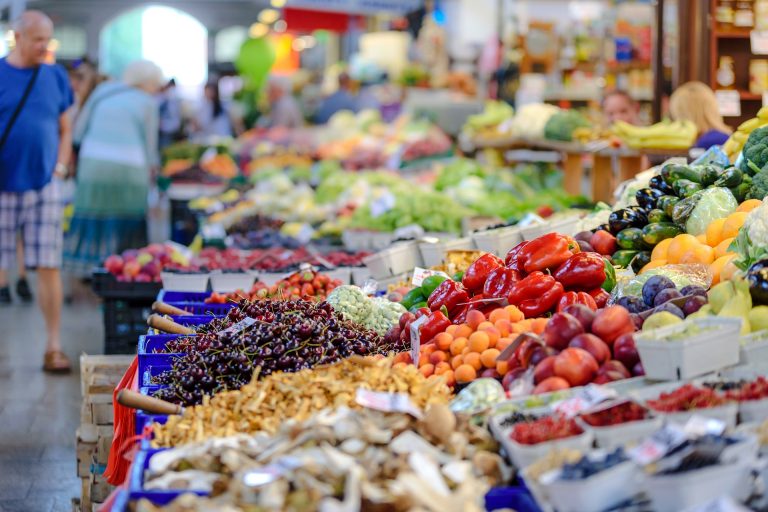
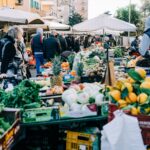



[…] Print out the completed form and bring it with you when you visit the farmers market […]
[…] accepting your payment electronically (like Square). Plus, if you buy multiple items at once and pay in cash, vendors may be able to give you a discount. Some farmers markets also provide incentives for using […]
[…] benefits can be used to buy groceries at participating retailers and can be a valuable resource for families struggling to make ends […]